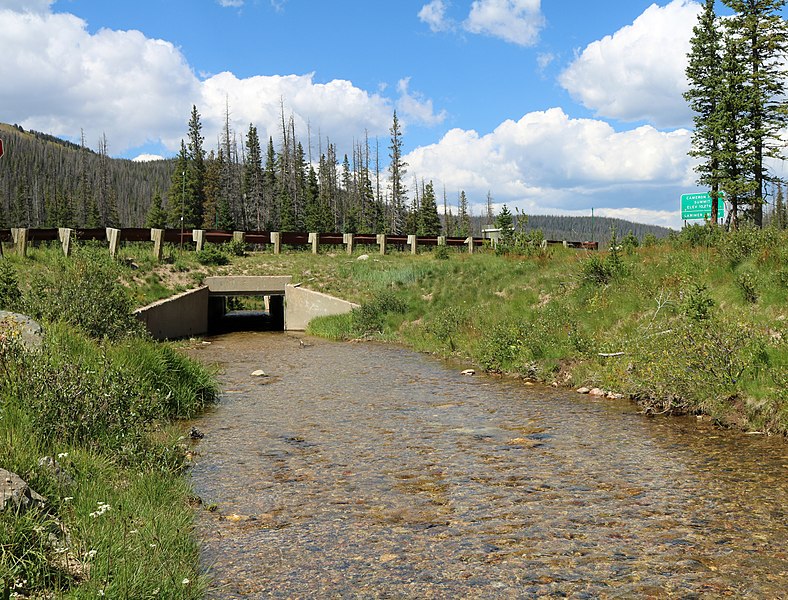Renewed Opposition to Inter-Basin Water Transfer in Iran

EghtesadOnline: Despite the fact that inter-basin transfer of water to far-flung locations has long been seriously challenged in most countries, some policymakers in Iran persist in implementing the costly but hardly successful projects, the deputy agriculture minister for agronomy affairs said.
“Diverting water from the Caspian Sea in the north to Urmia Lake between East and West Azarbaijan provinces was on the Energy Ministry agenda in 2011. But it was scrapped on hold after lengthy talks with prominent international organizations namely the US Irrigation Association,” Abbas Keshavarz was quoted as saying by ISNA.
In 2011 when the lake’s water declined by 160 centimeters, the ministry decided to transfer 10 billion cubic meters of water from the Caspian Sea. This being a key concern, the Agriculture Ministry was ordered to consult with countries and organizations that had similar experience, one of which was the US Irrigation Association.
“After meetings were held, we came to this conclusion that inter-basin transfer was a wrong policy and would result in irreparable environmental loss. For this reason no such projects were undertaken (in the US) over the last 20 years,” Financial Tribune quoted him as saying.
Despite concerns about the lake that was desiccated at the time, the plan to divert water was not approved as viable options were proposed to restore the lake, one of which was cutting farmers’ water rights around the lake by 40%.
Studying farmlands around the lake showed that 80% of water released from dams in West Azarbaijan Province, namely Boukan Dam, was used to grow water-intensive crops like alfalfa, wheat, beetroots and apples before it reached Urmia Lake.
“I’m against inter-basin transfer of water and completely opposed to any project that seeks to divert water from the Caspian Sea,” he asserted. “In projects like these benefits are overshadowed by costs.”
Inter-basin transfer or trans-basin diversion refers to man-made conveyance schemes which move water from one river basin to another where water is in deficit, usually for development purposes.
Environmental Disasters
Water officials, including deputy for water and wastewater affairs at the Energy Ministry, Qassem Taqizadeh Khamesi, say diverting water from the Oman Sea or the Caspian to alleviate the water crisis in far-flung regions such as Sistan-Baluchestan and Semnan provinces are long-term and bound to lead to environmental disasters like exacerbating soil erosion and throwing marine ecosystems out of balance.
Instead treating and recycling wastewater, collecting and reusing groundwater, modernizing farming practices should have higher priority, he said.
In addition to international institutions, domestic experts and academicians like Parviz Kardavani, a veteran eremologist, are of the opinion that diverting water from the sea, whether from the Persian Gulf in the south or the Caspian Sea to the north, to the arid and drought-hit regions, is simply not a viable alternative. The massive costs notwithstanding, implementing such plans are long-term (at the least ten years), and this is while people are now in dire need of water.
More importantly, if and when the projects are completed, it would mean availability of water that probably would result in expansion of water-intensive industries like steel factories.
Independent economic experts and academia have often questioned the wisdom and strongly opposed the construction of steel factories in regions with huge water problems and that over time have made a bad situation worse.
The US Irrigation Association, a leading organization for irrigation system manufacturers, designers, consultants and end users is dedicated to promoting efficient irrigation technologies, products and services.


